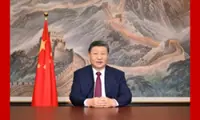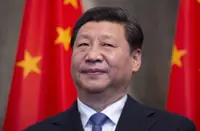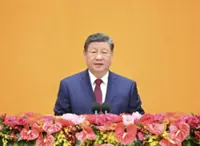KUALA LUMPUR: KLIA Transit services between KL Sentral and Kuala Lumpur International Airport (KLIA) have been increased to accommodate additional passengers in light of road closures for Chinese President Xi Jinping's three-day state visit to Malaysia.
KLIA Ekspres said train frequency would be increased to one every 15 minutes during evening peak hours from 3pm to 8pm on Tuesday (April 15) and during morning peak hours from 6am to 11am on Thursday (April 17).
Related stories:
- President Xi's state visit: KLIA Terminal 2 to be temporarily inaccessible on April 15 and 17
- Anwar advises Malaysians to plan their routes ahead of road closures during Xi Jinping's visit
- Over 1,000 cops to be deployed for Xi Jinping's visit
- Chinese president Xi to begin three-day state visit to Malaysia tomorrow
- Road closures and diversions during Xi Jinping’s visit to Malaysia
Follow us on our official WhatsApp channel for breaking news alerts and key updates!
Thank you for your report!





